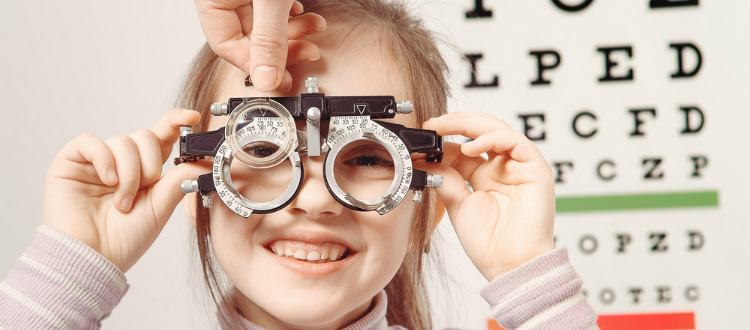

Falls often (with occasional breaks to bones) due to being unsure of their footing.Develops a slower gait to feel steadier on feet and to avoid falling. Motion sickness and car sickness, often since childhood.high speed expressway driving with fast moving vehicles passing on either side.riding as a passenger in a car, especially in the back seat.

#Binocular vision dysfunction symptoms professional#
The professional will draw up a treatment plan to benefit each patient individually to realign and support the eyes. This is often used in conjunction with glasses. The lenses will be balanced until the prism is perfect in both. These are specific glasses for BVD and work to realign the image in one eye to match up with the other. These include eyeglasses, binocular vision therapy and surgery.

Luckily, there are a number of options available to treat binocular vision dysfunction. These symptoms might feel worse when moving your head from side to side or up and down, standing up quickly, driving at speed and around bends, and when in large, busy spaces with tall ceilings. It’s important to note that sufferers may experience any number of symptoms at any time. These are caused when the eye muscles are straining to continuously correct misalignments. Those with binocular vision dysfunction could experience a plethora of symptoms. Over time, as the eye muscles get weaker and overworked, BVD can develop. Secondly, it could be due to an asymmetrical face where the eyes have been misaligned since birth. Firstly, it can develop due to an abnormal vision system as a result of a neurological disorder such as a stroke, brain injury or concussion. There are a number of potential causes for binocular vision dysfunction that fall under two categories. The brain receives two of every image and works overtime to realign each one, causing eye muscle strain and the side effects that come therewith. BVD occurs when the eyes are not working together as they should. When perfectly aligned, this image will be clear and focused as the eyes are perfectly in sync. Binocular vision allows us to only see one image when we have two eyes. What Exactly is Binocular Vision Dysfunction?īinocular vision dysfunction or BVD for short occurs when the eyes are misaligned and struggle to work together. If you are experiencing blurred vision, headaches, dizziness and feelings of anxiety then it’s time to seek the help of a specialist as you could be suffering from binocular vision dysfunction (BVD).Ĭontinue reading to learn more about BVD and its causes, symptoms and treatment options. Sight is a remarkable capability of the body and something that we often think nothing about until it’s negatively impacted.


 0 kommentar(er)
0 kommentar(er)
